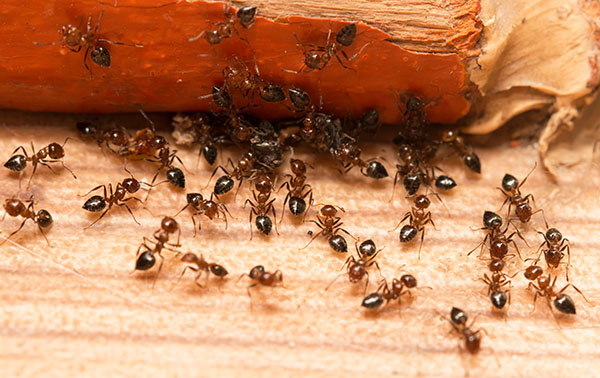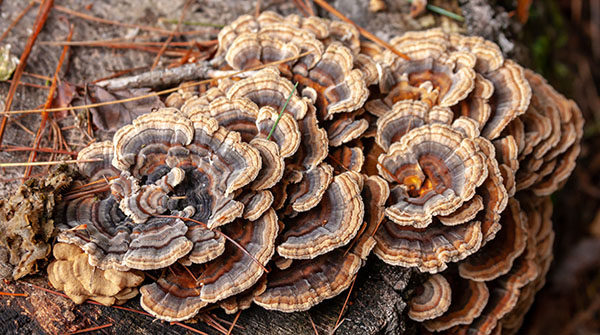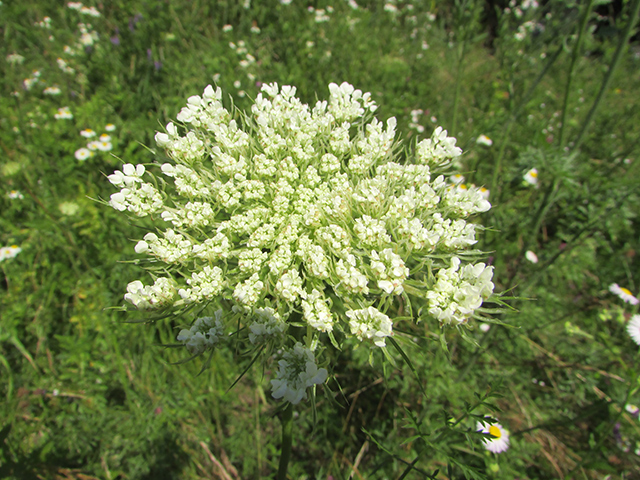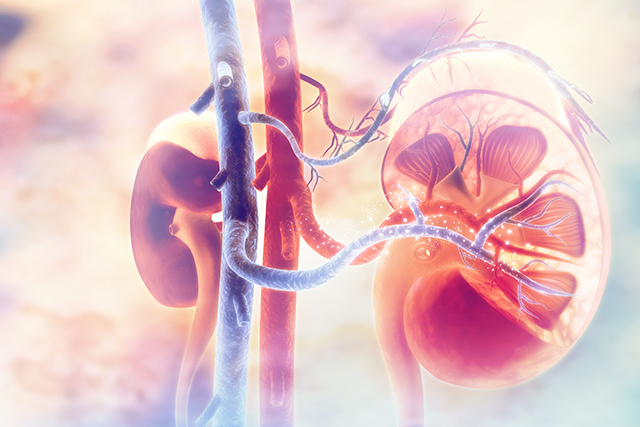8 Tips to help you manage anxiety naturally plus herbal tea recipes for anxiety relief
06/19/2023 / By Olivia Cook
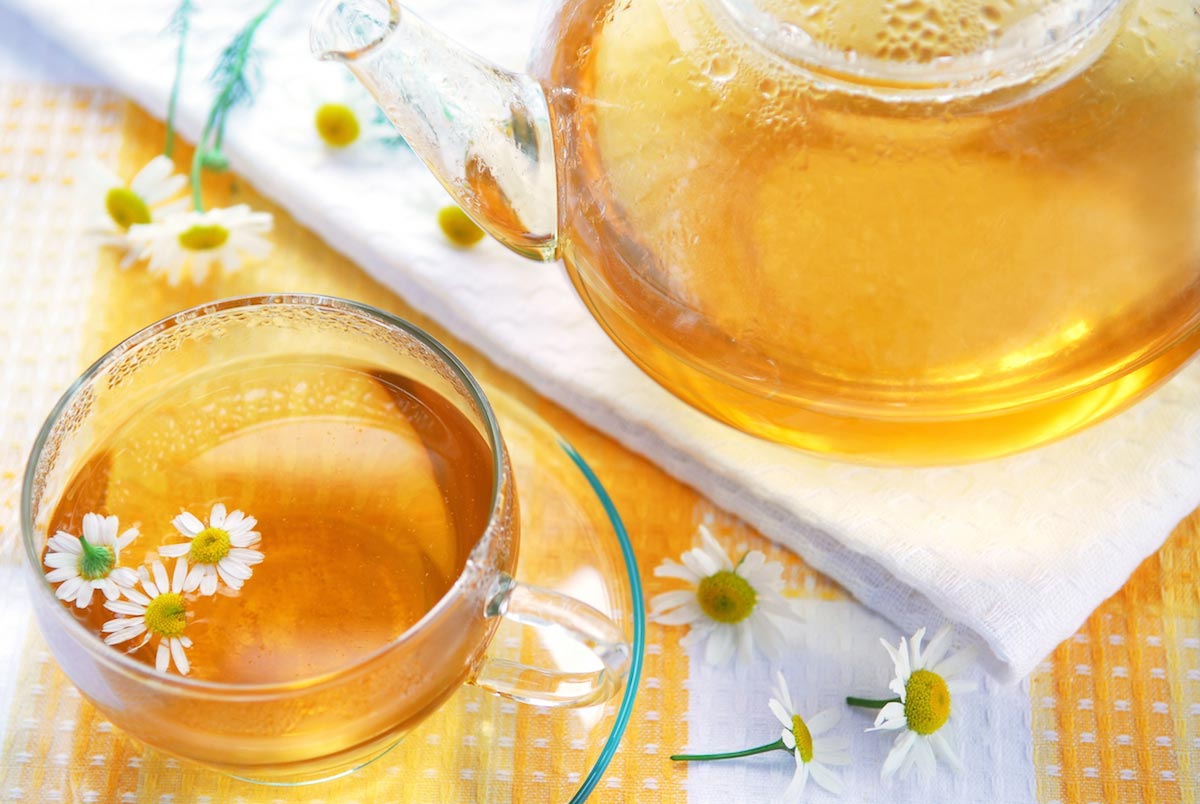
Having occasional feelings of helplessness, nervousness or a sense of impending panic or foreboding is a normal part of life – and some forms of anxiety are even necessary in certain situations for you to make the right decisions and evade danger. However, these feelings become unhealthy when they become obsessive and persistent, start affecting your quality of life and prevent you from functioning normally.
To help you manage anxiety, follow the tips listed below. (h/t to MayoClinicHealthSystem.org)
Identify your triggers
Learn what situations or actions cause you stress or increase your anxiety. Take a pen and paper and list down all the things that make you anxious. (Related: Six lifestyle habits for balancing your mood and reducing anxiety.)
Identifying the causes of your anxiety will make it easier for you to assess your situation better. Once you have the primary roots of your anxiety identified, you can directly start working on reducing or eliminating these stressors from your life completely.
Learn relaxation techniques
There are many tried and tested methods (which don’t include medications) that can help you get a grip on your situation, such as breathing exercises, meditation, reciting a mantra, tai chi and yoga.
These techniques help oppose your body’s stress response and allow you to enter a state of calmness whenever and wherever you need it. Try the relaxation techniques mentioned above and see which one works best for you. (Related: Use natural healing for anxiety and panic disorders.)
Stay physically active
Develop a routine that allows you to be physically active most days of the week. Exercise is a powerful stress reducer that can improve your mood and help you stay healthy. It not only clears your mind of worries but also releases endorphins (also known as ‘feel good’ hormones) in the body.
Additionally, regular exercise can provide you with emotional and psychological benefits, such as boosting your confidence, getting more social interaction and improving your overall well-being. Start out slowly, then gradually increase the amount and intensity of your physical activities.
Make consistent, quality sleep a priority
Many experts recommend getting eight hours of sleep every night, although some say that the quality of sleep is more important than the quantity. Getting six hours of quality, uninterrupted sleep is more beneficial than eight hours of restless, interrupted sleep. Good-quality sleep can help with your mood, memory and ability to manage stress.
Watch what you eat
Food plays a vital role in maintaining your physical and mental health. Here are some tips for a healthy diet that can support your mental health:
- Choose foods, such as complex carbs, that can boost levels of the calming brain chemical, serotonin. Opt for whole-grain bread and whole-grain cereals instead of sugary snacks or beverages.
- Eat protein for breakfast so you have energy and your blood glucose levels stay steady.
- Limit or avoid alcohol and caffeine, which can cause anxiety after eating. Both can also affect your sleep and cause edginess.
- Stay hydrated. Dehydration can cause mood changes.
- To boost your mood, consider adding the following to your diet: dark chocolate, low-glycemic foods and foods high in folate and other B vitamins, magnesium, omega-3-fatty acids, tryptophan and zinc.
- Pay attention to your food sensitivities.
Socialize
Don’t let worries isolate you from loved ones or activities. Socializing with others and having a friendly support system not only helps in defeating psychological problems, but it also plays a key role in reducing stress.
Many studies have come to the conclusion that socializing — even doing something as simple as talking to another person — can provide mental benefits, such as improved memory, improved self-monitoring and an improved ability to limit internal and external distractions. Socialization provides a short-term brain boost that is comparable to playing games that exercise the brain, such as Sudoku or crossword puzzles.
Practice self-care
In today’s fast-paced world, you might be burning the candle at both ends without realizing it. Many people burden themselves with tasks that eventually leave them exhausted and feeling down.
Take a break once in a while and treat yourself. Spend time in nature, get a massage, go to a spa, take a vacation or hang out with your close friends and family. Practicing self-care will keep your life balanced and excessive anxiety at bay.
Talk it out
Talking to people close to you or attending talk therapy are effective ways to beat anxiety. Your worries may not go away on their own, and they may worsen over time if you don’t seek help. Consult with your health care provider or a mental health provider before your anxiety worsens. It’s easier to treat anxiety if you get help early. (Related: Calm your anxiety and stress with these 10 natural herbs.)

Herbal tea recipes to relieve anxiety and stress
Many herbs have adaptogenic and anxiety-relieving properties. You can take advantage of these herbs by using them to make herbal remedies, such as calming and stress-relieving teas.
Here are herbal tea recipes that can help you reduce anxiety and stress. You can refrigerate each recipe for up to three days.
Afternoon anxiety relief
To make an herbal tea that can help you “take five” from your busy day, you will need:
- 4 cups boiling water
- 3 tablespoons peppermint
- 3 tablespoons chamomile
- 1 teaspoon grated fresh ginger
- 2 slices lemon
Directions: Stir boiling water, peppermint, chamomile, ginger and lemon together in a large heatproof bowl. Steep for 15 minutes. Strain the tea directly into your cup or into a teapot.
Tea for relaxation
Here are the ingredients for a bedtime tea that can help you relax and feel sleepy:
- 4 cups boiling water
- 3 tablespoons lavender
- 3 tablespoons lemon balm
- 3 teaspoons honey
- 1 teaspoon orange tree flower water
Directions: Stir boiling water, lavender, lemon balm, honey and orange tree flower water together in a large heatproof bowl. Steep for 15 minutes. Strain the tea directly into your cup or into a teapot.
Tea for a good night’s sleep
Here’s another recipe for an herbal tea that can help you get some restorative sleep:
- 4 cups boiling water
- 3 tablespoons passionflower
- 3 tablespoons lemon balm
- 3 teaspoons honey
- 1 teaspoon orange tree flower water
Directions: Stir boiling water, passionflower, lemon balm, honey and orange tree flower water together in a large heatproof bowl. Steep for 15 minutes. Strain the tea directly into your cup or into a teapot.
For more tips on how to reduce anxiety naturally, visit Mental.news.
Watch the following video to learn more about anxiety and tips to help ease the struggle.
This video is from the Dr. Edward Group channel on Brighteon.com.
More related stories:
Relieve anxiety with essential oils.
Vitamins, supplements and teas: Relieve anxiety naturally with these 17 home remedies.
Sources include:
Submit a correction >>
Tagged Under:
alternative medicine, anxiety management, anxiety relief, food cures, food is medicine, functional food, herbal medicine, herbal teas, Herbs, mental health, natural cures, natural health, natural medicine, Naturopathy, remedies, sleep, stress relief, tips
This article may contain statements that reflect the opinion of the author
RECENT NEWS & ARTICLES
Herbs.News is a fact-based public education website published by Herbs News Features, LLC.
All content copyright © 2018 by Herbs News Features, LLC.
Contact Us with Tips or Corrections
All trademarks, registered trademarks and servicemarks mentioned on this site are the property of their respective owners.

